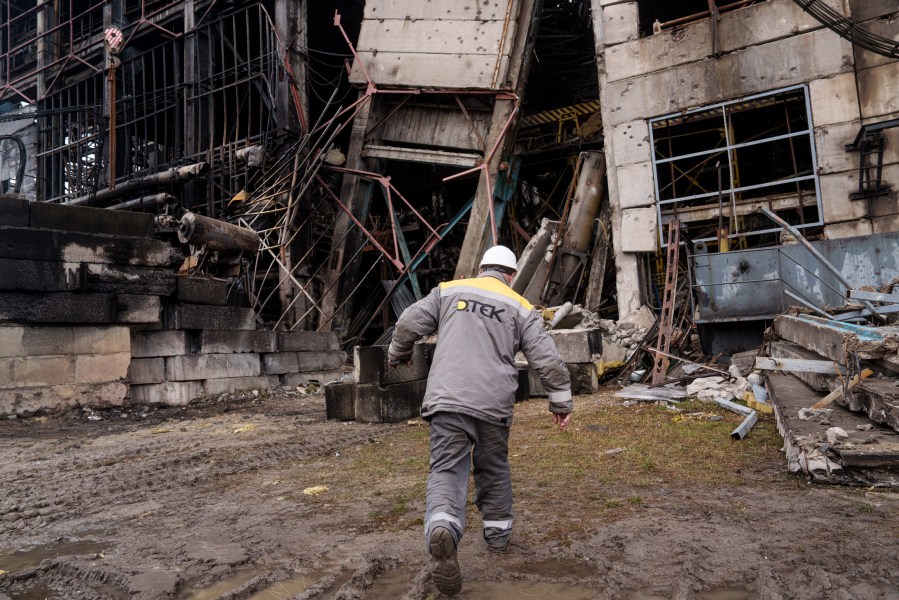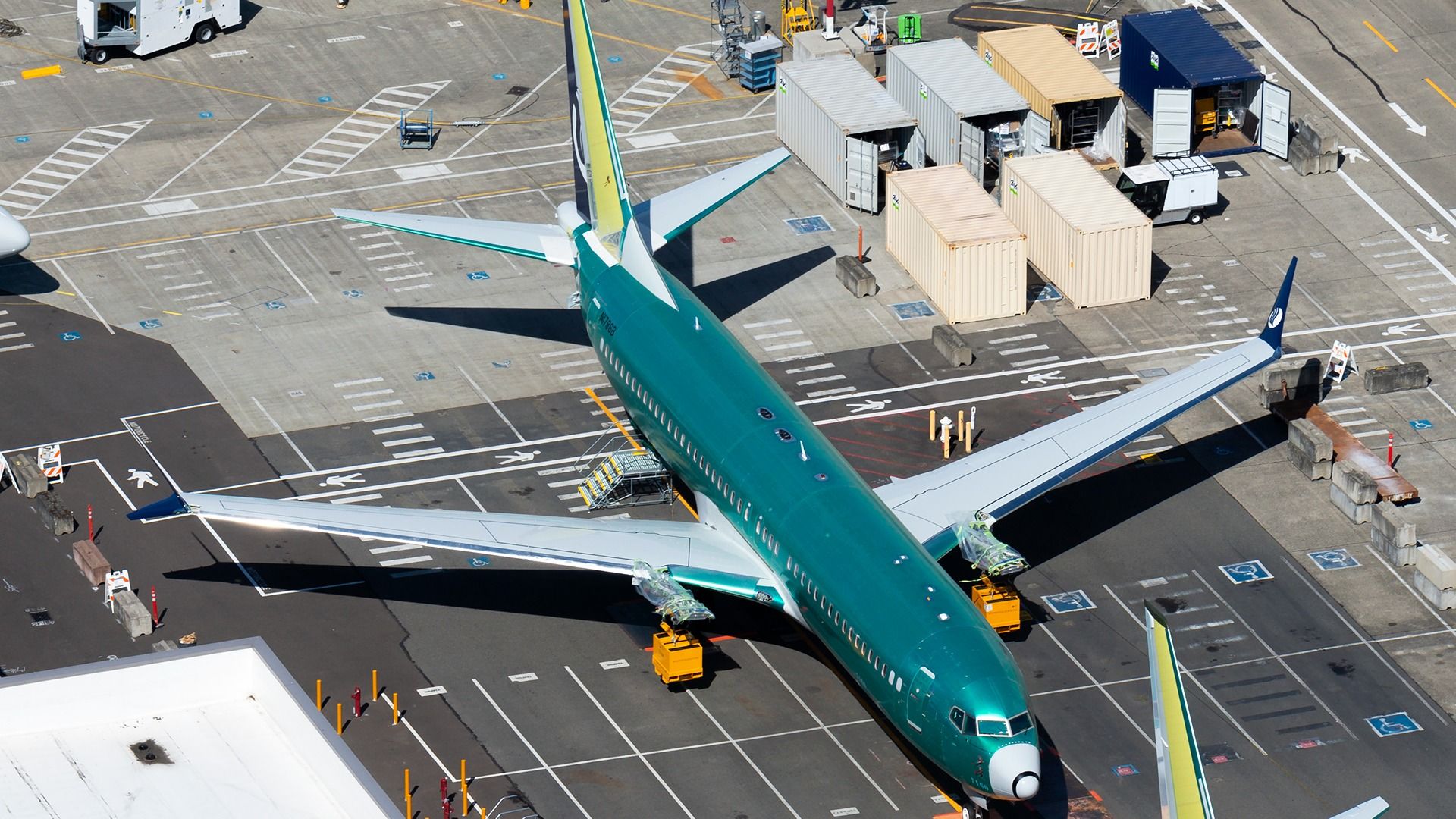The United States is urging action against the Chinese Communist Party (CCP) following a significant increase in the persecution of religious minorities, particularly Christians, in China. Reports indicate that since August 2023, authorities have intensified efforts to suppress religious practices, leading to widespread condemnation from human rights advocates and prompting calls for sanctions from U.S. lawmakers.
The U.S. State Department has received numerous accounts detailing the Chinese government’s systematic oppression of Christians. This includes the closure of churches, arrests of clergy, and the destruction of religious symbols. According to a recent report by the U.N. Human Rights Council, over 1,000 churches have been shut down or repurposed across various provinces in China, primarily targeting congregations that refuse to align with state-sanctioned practices.
In response to these developments, several members of the U.S. Congress have proposed legislation aimed at imposing sanctions on Chinese officials implicated in these human rights violations. Representative Chris Smith, a senior member of the House Foreign Affairs Committee, stated, “The U.S. must hold the CCP accountable for its egregious violations of religious freedom.” He emphasized the need for a robust response to protect the rights of individuals facing persecution for their beliefs.
The situation has garnered international attention, with various human rights organizations calling for a united front against China’s treatment of its religious communities. A recent survey by the Pew Research Center highlighted that approximately 30% of Christians in China have faced some form of harassment or discrimination due to their faith. This alarming statistic underlines the urgent need for intervention.
Several advocacy groups, including Amnesty International and Human Rights Watch, have documented the extensive measures taken by the Chinese government to undermine religious freedoms. This includes the implementation of a “Sinicization” policy, which seeks to bring religions in line with Chinese culture and ideology. Such policies not only threaten the survival of religious communities but also erode fundamental human rights.
As the situation unfolds, the international community is closely monitoring the actions of the Chinese government. The U.S. has traditionally positioned itself as a defender of human rights, and failure to address the worsening conditions could undermine its credibility on the global stage.
China’s Foreign Ministry has consistently denied allegations of religious persecution, asserting that it respects the freedom of belief. However, the mounting evidence suggests a stark contrast between the government’s claims and the reality faced by many religious practitioners.
In light of these developments, some analysts suggest that targeted sanctions could serve as a powerful tool to pressure the CCP to change its approach. Such measures might include asset freezes and travel bans on individuals found responsible for human rights abuses.
The discourse surrounding these issues remains complex, with various geopolitical implications. As the U.S. considers its next steps, the situation for religious minorities in China hangs in the balance. The outcome of this ongoing struggle will have lasting repercussions not only for those directly affected but also for international human rights standards.
As of now, the U.S. remains committed to advocating for the rights of religious minorities worldwide. The coming weeks will reveal whether the proposed sanctions will gain traction and how the Chinese government will respond to these pressures.






